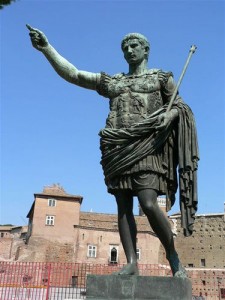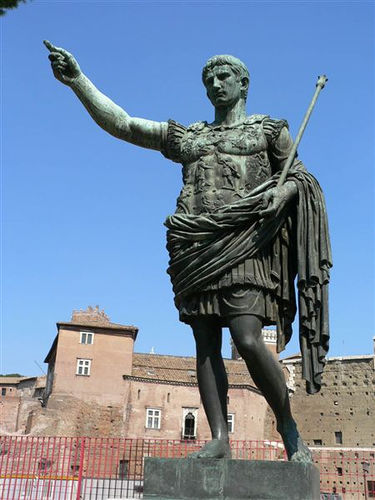My high school social studies teacher liked to distinguish freedom and license. Freedom, he said, is exercised with responsibility while license is doing what you want without considering how your behavior affects others.
The distinction matters. As pointed out in an earlier post, for example, the extreme position that firearms sales should not be regulated in any way is a demand for license, not legitimate exercise of rights. Rights imply responsibilities. Ownership of something as dangerous as deadly weapons calls for (at least) responsibility and accountability for their safe storage and use.
Another reason it matters is that it is the basis for much ideological conflict. From its very beginning, Americans have held different ideas about freedom. In American Nations, Colin Woodard points out that the Yankees of New England have long held a Germanic view of freedom:
- that all are born free,
- equal before the law,
- with rights that must be respected.

Photo Credit: mharrsch via Compfight cc
By contrast, the settlers of the Virginia Tidewater sought to create a Greco-Roman-style republic. In the Roman view of liberty, most people were born unfree. “The Roman republic was one in which only a handful of people had the full privileges of speech (senators, magistrates), a minority had the right to vote on what their superiors had decided (citizens), and most people had no say at all (slaves)” (pp. 54-55).
Because I believe that America should be a land of freedom for all, to me liberty for the few without accountability amounts to license. It should be framed as such.
When opponents cry for liberty, we should ask:
- Is the liberty they want for everyone or mainly for a privileged few?
- If it’s for the few, how will the many hold the few accountable for their actions?
If the few wouldn’t be easily accountable, then the demand is for license, not responsible freedom.
What do you think? Is this an appropriate use for the concept of license?
